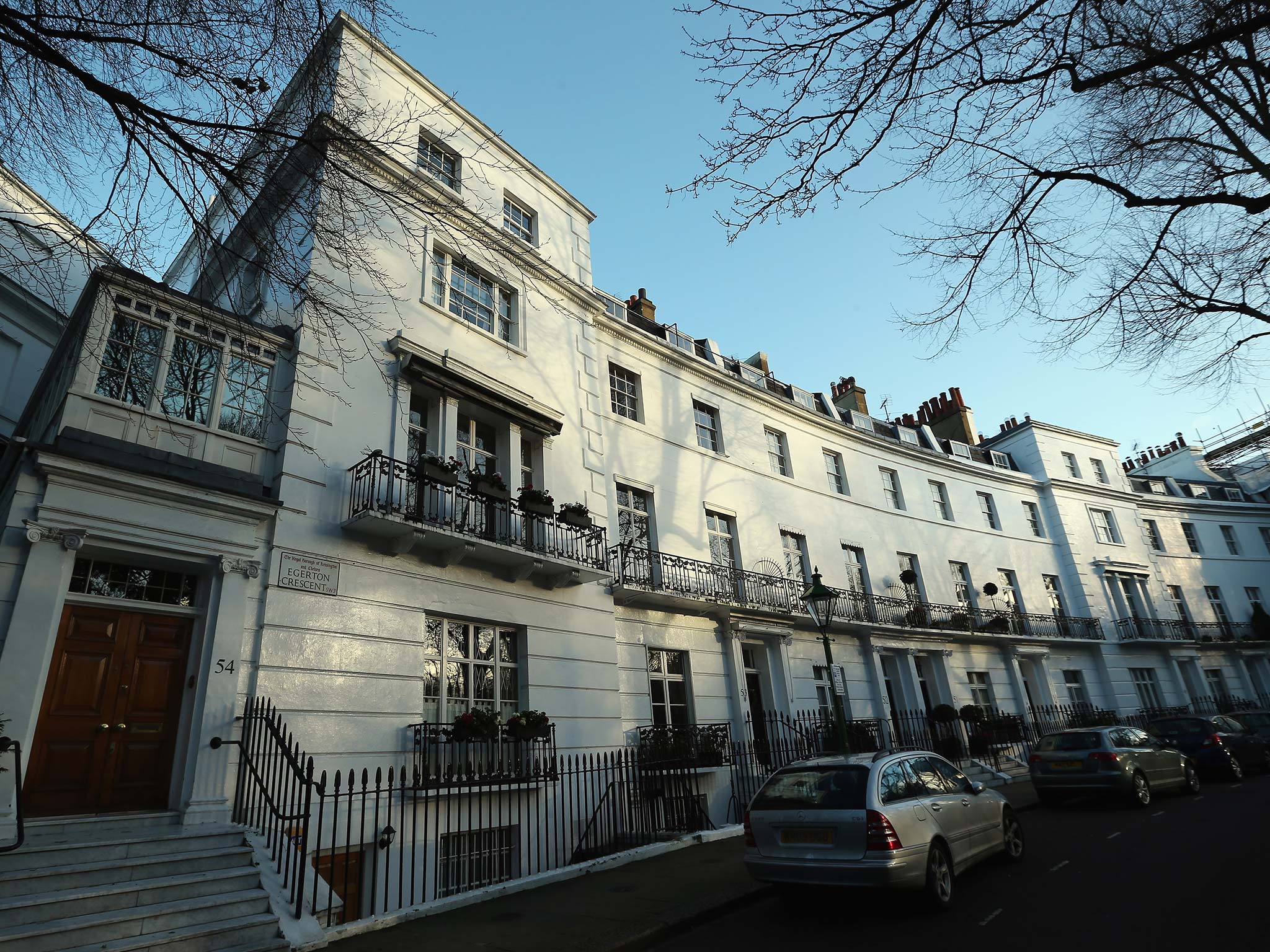Resolution says wealth gap widened over Covid recession. Here’s how to start levelling up
The rich usually take a hit during recessions. A report from the Resolution Foundation, however, found their wealth surged by an average £50,000 per person during the pandemic, while the poorest households saw their net increasing by a meagre £86

Recessions can be great levellers.
The poor inevitably suffer the most. They are least able to sustain a cut in income. But relative inequality often reduces because the rich suffer proportionately greater hits to their wealth. The value locked up in their homes falls as a result of declining house prices. Their investments suffer when the stock market takes a kicking.
The last recession also saw an awful lot of bankers and other white-collar professionals losing their jobs. Given the role bankers played in fomenting it, you could say they got off lightly. But let’s park that.
What matters is that, as a rule, relative inequality decreases.
But not this time. Something unusual happened over the course of the Covid-created recession. In stark contrast to post-war recessions, a sharp decline in economic activity coincided with a sharp increase in wealth, especially from the middle up to the top of the pile.
The Resolution Foundation this morning publishes the (Wealth) Gap Year in partnership with the Standard Life Foundation. It demonstrates just how unusual the Covid recession has been.
Take house prices, for example. Over the previous four recessions they fell by, on average, 22 per cent. However, while the market took a hit in the middle of last year’s lockdown, they are now trading at all-time records. They have risen by 8 per cent since February 2020. The stock market is still off a bit, but it has recovered much of the ground it lost.
Total household savings are, meanwhile, £200bn higher than they were pre-crisis, while household debts (excluding credit cards) have fallen by around £10bn, because, obviously, people had little to spend money on with large parts of the economy shuttered.
Of course, this hasn’t been evenly distributed. The report finds that the richest fifth of households are four times as likely to have increased their savings during the crisis as have the poorest fifth of households (47 per cent against just 12 per cent), and two-and-a-half times as likely to have reduced their debts.
Interestingly, the house price surge has proportionately benefitted those in the middle of the wealth pack the most. They have seen their wealth rising by an average 9 per cent, or £7,800, taking their total to £80,500 per adult.
But in absolute terms, it’s the richest 10 per cent of families who have done best with their wealth increasing by an average of £50,000 to £1.4m per adult.
Contrast that to the poorest 30 per cent of households. Their average wealth has also increased, but by a meagre £86 per adult. And this is, remember, an average. Many of them will have experienced declines as well as increases in debt, something which has been causing concern among charities working in that sector.
The Foundation says the uneven impact of this wealth surge will be a “lasting legacy of this crisis and should be borne in mind by policy makers taking key decisions in the autumn.”
Indeed so. The first step a government that constantly bangs on about “levelling up” should take is clearly to scrap plans to remove the £20 Universal Credit uplift. This is something several former Work and Pensions secretaries, including Iain Duncan Smith, Amber Rudd and Stephen Crabb, called for last week.
This would cost the exchequer £6bn or so, but it would benefit the poorest; struggling families who have largely missed out on Britain’s soaring wealth.
Far larger pressures on the public finances are coming down the line, an issue raised by the Office for Budgetary Responsibility.
Taxing wealth would help to address both of them. It is, of course, a complicated and vexed subject, but let’s be honest. It’s at least partly that way because the people on the receiving end don’t much like the idea of paying their share and have the means to get themselves heard when they’re upset.
There is, however, a rather easy place to at least get the ball rolling: council tax. Because this is based on property values – and they haven’t been revalued in years – it’s now quite perverse. The owner of a modest semi that hasn’t changed much will pay the same as their richer neighbour who’s added a loft extension, a conservatory and a whole bunch of other bells and whistles.
But what is most perverse about it is that it is capped. Above a certain level it doesn’t matter if your home is worth £2m or £20m, you’ll pay the same band-H bill. It also hits the poorest proportionately harder.
An oil sheikh or a megabucks celebrity will, in the Royal Borough of Kensington and Chelsea, pay £2,627.20 on their multimillion-pound mansion. A nurse, meanwhile, who’s just about scraped together enough to buy a studio in band A will pay £875.73.
Clearly the sheikh and the celebrity could, and should, pay more.
Reforming council tax is a good way to start addressing the growing wealth gap, and growing inequality. But making it fairer be should just the start of the process.
Join our commenting forum
Join thought-provoking conversations, follow other Independent readers and see their replies
Comments